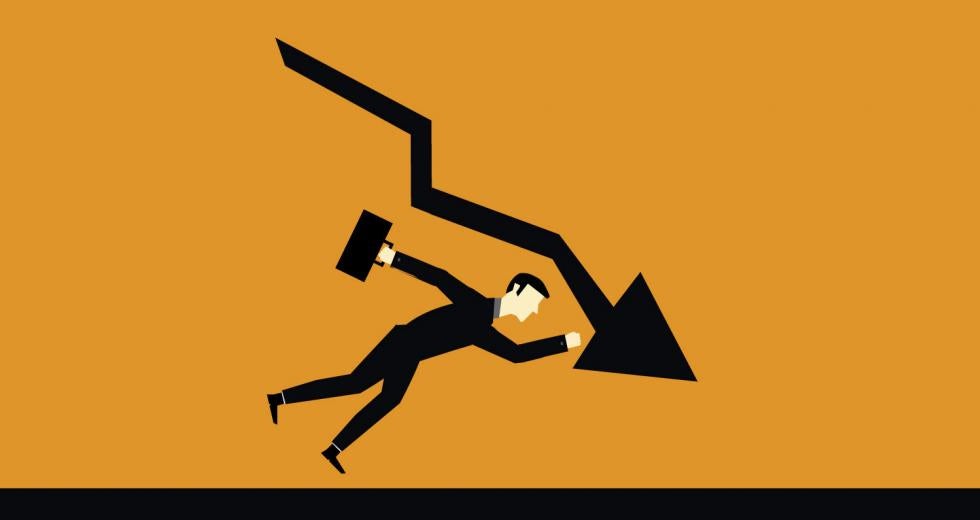January is usually a month of new beginnings and resolutions to break bad habits. Unfortunately in the state Capitol, it feels like poor behavior is repeated every year. Even with a new group of elected officials, the same bad legislation appears over and over.
Senate Bill 8 — the Upward Mobility Act — is one piece of legislation that has reared its ugly head and poses a real threat to small-business owners in California. Proposed by Sen. Robert Hertzberg (D-San Fernando Valley), SB 8 would be a $10 billion sales tax on services that would apply to everything from accounting to gardeners. Yes — that is billion with a B. Senator Hertzberg’s justification for this legislation is that it would help avoid the state’s boom-and-bust tax structure. The increased revenue would supposedly be directed to schools and local government. Many of our members are asking, “Wasn’t the money raised from Proposition 30 supposed to go to schools?” Sadly, we’re seeing that money going to everyone but the original beneficiaries: kids in the classroom.
Reader Poll: What do you think of the Upward Mobility Act?
Why should small-business owners, many of whom provide services themselves or pay for services like accounting or cleaning, bear the burden of this tax increase? If small employers have to live within their means, shouldn’t the state be required to do so as well? In recent years, California’s small employers have absorbed an increase in the minimum wage and increased costs for providing paid sick leave and health insurance as mandated by the Affordable Care Act. A sales tax on small businesses is about as regressive as it gets. The very people Hertzberg aims to help, entry-level employees and their families, will be the first to suffer the consequences.
One of those consequences is the legal liability that the bill creates for small businesses to collect the tax. In addition to increased costs, small business owners who provide services would have to train staff and update payment systems to make sure they accurately collect tax on each purchase. And those same business owners will be paying more for the services they use, like accountants, attorneys, janitors and others.
Related: Our Tax System Should Make Upward Mobility Possible for All
California’s financial state is slowly improving thanks to reigned-in spending and the building of fiscal reserves. But isn’t it counterintuitive to heap more costs and compliance mandates onto the state’s job creators? And aren’t there better ways to increase revenue in the state?
It’s time for a real conversation about how to fix the boom-and-bust cycle in California. A thoughtful solution is needed, and it can’t come at the expense of Main Street and jobs.
Recommended For You

Get Up
Our tax system should make upward mobility possible for all
California has long been known as the land of opportunity, but for too many residents, opportunity is receding. Inequality continues to rise even though California has one of the most progressive tax structures in the nation. Something more is needed.

Tips for Taxes
When payments pile up, is borrowing from your bank a wise move?
Clients borrow money from banks for a variety of reasons, one of which is to increase the tax efficiency of a particular transaction. And with increased federal and state tax rates, tax efficiency is an appealing concept to almost everyone.

Leave Prop. 13 Alone
Raising property taxes will mean death for small business
California’s business climate is well-known for being unfriendly. CEO Magazine has rated California as the worst state in which to do business for more than eight years running. Undoing Proposition 13’s provisions, as is currently being proposed, will make a big problem even worse by increasing taxes on the very businesses that create jobs and contribute to our economy.

Reform Prop. 13
Is a discussion possible?
After all these years since California voters passed Proposition 13, what will it take to have a rational discussion about amending the way commercial property is assessed?



